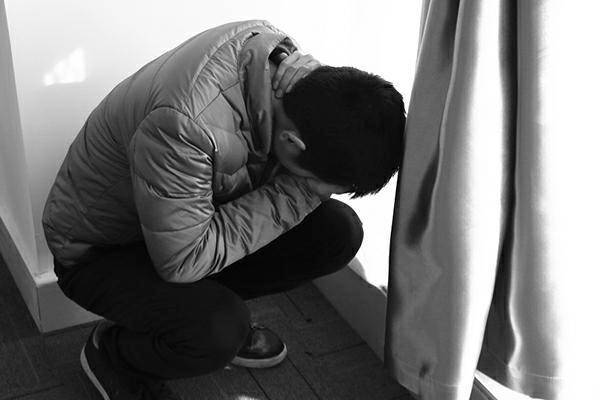Depression is not unfamiliar to many people. Although some have not experienced the torment of depression, there are still many instances heard of. Many people’s idols have committed suicide by jumping off buildings due to depression; recent mainland male celebrities have lost their lives due to depression; and even internet singers who are familiar to many born in the 1990s…
Their departure is both regrettable and perplexing. Regrettable because we will never hear from them again, never see their presence; perplexing because when they appeared in front of the public, they seemed no different from ordinary people, even with a smile on their faces, so why did they leave just like that?
Actually, this is the frightening aspect of depression. People with depression may not appear significantly different from healthy individuals, but they could experience emotional breakdowns and self-denial unconsciously, leading to irrevocable outcomes. Depression is not a physical ailment but a typical mental disorder, and there are several types of individuals who are more susceptible to depression.
1. People without companionship.
These individuals come in different ages, such as orphans who were not loved by parents from birth, elderly people with no children or friends around, etc. Humans are social beings, and they need companionship, someone to chat with, alleviate boredom, and share their thoughts. If their thoughts are not released for a long time and remain bottled up, it results in unresolved issues, leading to feelings of being trapped, confused, and emotionally suppressed.
2. People who are particularly silent.
Every individual has a different inherent personality; some are eloquent and can engage in any conversation, while others are reluctant to speak and share their thoughts. These individuals often have a lot of inner turmoil, constantly thinking about unreal scenarios. Their introverted nature prevents them from revealing their inner troubles, and as they dwell on their thoughts, they gradually succumb to depression.
3. Those who have experienced significant setbacks.
For instance, those who have invested a lot emotionally in relationships only to be deceived; those who have suffered from severe illnesses with lingering effects; or those impacted by the death of a close family member. These sudden and unforeseen events without any psychological preparation beforehand can be overwhelming. These individuals often cannot cope with such outcomes and may fall into depression due to their inability to accept the situation.
In addition to these vulnerable groups, depression is also related to body shape. We have heard the saying “heart as wide as the body,” in a half-joking manner, suggesting that people with good temperaments and few worries are at risk of obesity, which is not entirely accurate.
Compared to slimmer individuals, overweight people are more prone to depression. This may seem contrary to our assumptions, but the following factors explain this phenomenon.
1. Overweight people are not necessarily cheerful, and they often face discrimination and judgment due to their obesity. During school days, we may have heard mischievous boys giving unkind nicknames to overweight classmates. Although it may seem like they are unaffected and simply brush it off with a smile, they are internally hurt. They view themselves as unworthy, develop feelings of inferiority, and are thus more susceptible to depression.
2. Overweight individuals tend to be less physically active and have fewer social interactions. They are less inclined to go out due to personal reluctance and a lack of friends, which can lead to reduced communication with others and possibly trigger depression.


